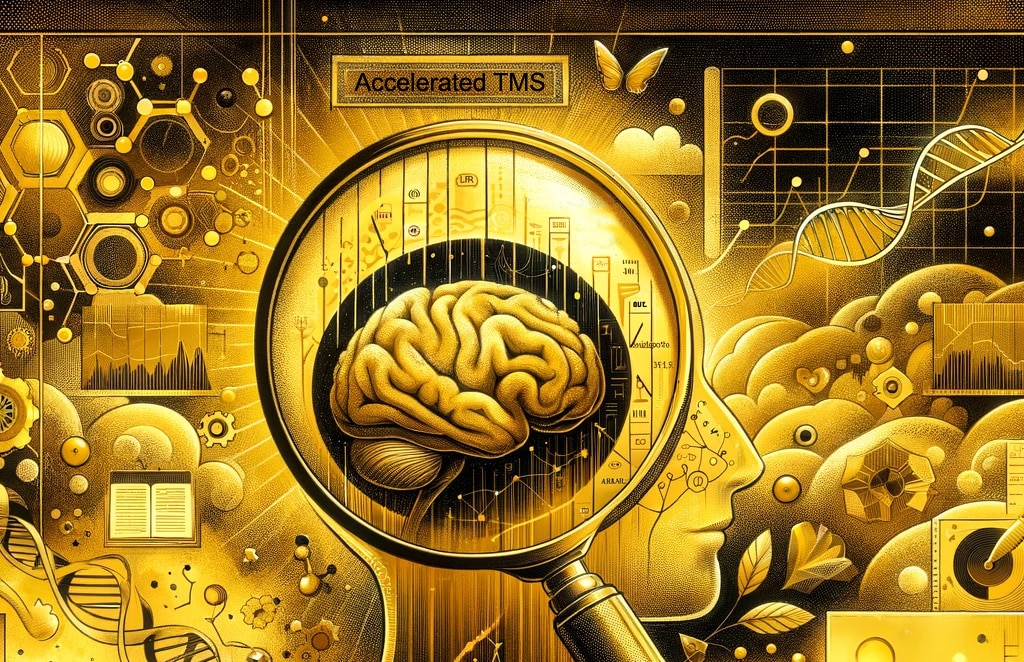In the rapidly evolving landscape of mental health treatment, the emergence of ketamine therapy has captured the attention of both patients and practitioners alike. Ketamine, once primarily known as an anesthetic, has found new potential in treating mental health conditions such as depression, anxiety, and PTSD. However, the journey toward successful ketamine treatment is not without its complexities, and the role of a trained psychiatrist in this process cannot be overstated.
Ketamine’s Potential and the Need for Expert Guidance
Ketamine treatment’s potential for effectively alleviating symptoms of mental health disorders has ignited hope for countless individuals seeking relief. Its rapid onset of action and the potential to target treatment-resistant cases make it a remarkable breakthrough. However, these benefits are most effectively harnessed under the guidance of experienced psychiatrists.
A psychiatrist’s training equips them to handle the nuanced landscape of mental health conditions. Diagnosis, assessment of symptom improvement, and recognizing the lack of efficacy are intricate tasks that require expertise. An accurate diagnosis is the foundation of appropriate treatment planning. With psychiatric training, these professionals can differentiate between psychiatric conditions and underlying medical issues that might mimic mental health symptoms, ensuring that the right approach is taken.
Beyond Symptom Relief: The Psychiatrist’s Role
Ketamine treatment’s success doesn’t solely rely on the administration of the medication. The psychiatrist’s role goes beyond the initial dosing. They possess the skills to monitor patients closely, track symptom improvements, and address any adverse effects. Regular evaluations are essential to ensure that the treatment remains effective and to make adjustments as needed.
Furthermore, the psychiatrist’s ability to create a personalized treatment plan is invaluable. Mental health disorders are not one-size-fits-all, and an experienced psychiatrist understands the importance of tailoring treatment to each patient’s unique needs and circumstances. This level of individualized care contributes significantly to the overall success of ketamine therapy.
Navigating the Growing Landscape of Ketamine Clinics
As the popularity of ketamine treatment rises, so does the proliferation of clinics offering these services. Unfortunately, not all clinics are operated by trained mental health professionals. This is where the distinction becomes vital. A psychiatrist’s expertise ensures a comprehensive evaluation, accurate diagnosis, and ongoing management that aligns with best practices in mental health care.
Choosing a clinic led by a psychiatrist can make a world of difference. A psychiatrist’s medical background, extensive training, and understanding of psychiatric conditions put them in the best position to make informed decisions about a patient’s care.
The journey towards mental well-being through ketamine treatment is a promising one, but its success hinges on the expertise of a trained psychiatrist. Their ability to accurately diagnose, assess for improvement, identify lack of efficacy, and differentiate between psychiatric and medical conditions is unparalleled. As the field expands and more clinics offer ketamine treatments, opting for clinics led by psychiatric professionals ensures that patients receive comprehensive care that is sensitive to the nuances of mental health.
If you’re considering ketamine treatment, remember that your choice of practitioner can shape your treatment journey. Place your trust in the hands of experienced psychiatrists who are committed to your holistic well-being.



